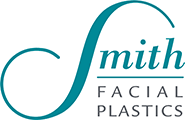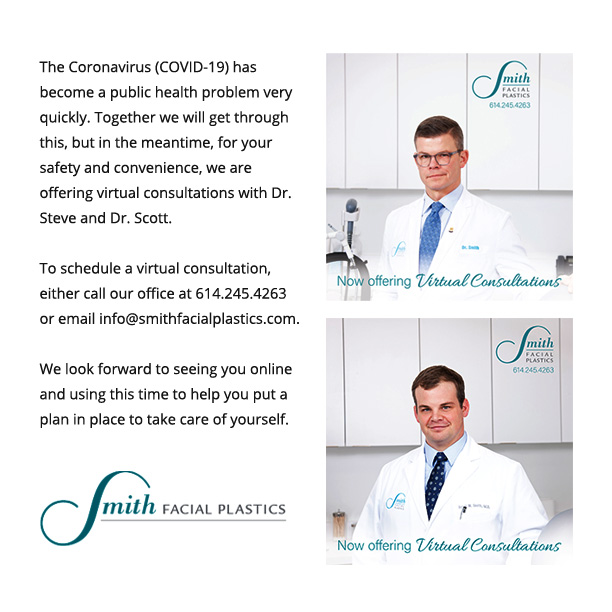Nasal Surgery and Insurance – Blog
Some things might be as plain as the nose on your face, like the fact that your sinuses cause you a considerable amount of discomfort or the fact that a crooked septum has long made breathing difficult. Many patients would do anything to correct their nasal issues, but the cost of nasal surgery might be prohibitive.
While it’s true that insurance won’t cover most types of plastic surgery, many plans do cover some types of nasal surgery. Before you rule out insurance as a possible payment option, check with yours to see what it will and won’t cover.
Form vs. Function
Typically, insurance companies only cover procedures that they determine to be “medically necessary.” That means that it really comes down to whether you’re having a surgery to improve the function of your nose or a surgery to improve its form. If you’ve long been unhappy with the size of your nose, or been dissatisfied with a bump in the middle of it and decide to have rhinoplasty, it’s more likely than not that your insurance policy won’t offer any coverage for the procedure.
While the majority of rhinoplasty cases won’t be covered by insurance, there might be a few instances when a policy does extend coverage. In these cases, you’ll need to have the surgery to correct a medical problem. For example, Aetna will cover rhinoplasty if it is performed to correct a deformity related to a cleft palate. It will also cover the surgery if it’s being done to correct an obstructed airway, but only if other, less invasive forms of treatment were not effective. If your nose was severely injured in an accident, such as a car crash or while playing a sport, your insurance company may cover the cost of surgery to repair the injury, as well.
Finding Out If Your Insurance Will Cover Surgery
Even if your surgery is medically necessary, insurance might still not cover it or the coverage it provides might be less than you think. If you have a deductible on your plan, for example, you might need to contribute a significant amount towards the cost of surgery before your policy kicks in.
In many cases, insurance companies require pre-certification or pre-authorization before the procedure is performed. Precertification means that the insurance company reviews the procedure before it takes place, determines whether or not it is necessary for your overall well-being, then determines whether or not it will be covered.
Does the Practice Take Your Insurance?
Once you’ve confirmed that your insurance policy will cover all or part of your surgery, you also want to confirm that the surgeon you are seeing accepts your insurance policy or is part of the insurance company’s network, so that you get the best deal. You may want to call the surgeon’s office to see if he or she takes your insurance plan before you start the process of consulting with surgeons and learning what your policy does or doesn’t cover.
Making Up the Difference
In a perfect world, if your insurance covers your nasal surgery or functional rhinoplasty, it covers the entire cost of the procedure, leaving you to pay only the co-pay. In reality, you might be responsible for a bit more of the costs, even if your policy offers coverage.
Typically, any amount you have to pay out of pocket is due to the surgeon at the time of your visit or at the time of surgery. You have a few options when it comes to paying for your surgery, whether you only need to pay a portion of it or the entire bill. Using your credit card is one option, as most surgeons accept at least one type of card.
The big drawback of most credit cards is the high interest rate, so you might want to consider another option, such as applying for a personal loan in advance of your procedure, provided the interest rate on the loan is a bit lower. You can also open a new credit card that offers an introductory, low rate of interest.
Since it can be confusing figuring out which insurance policies cover what, and how much of a certain procedure your policy will or won’t cover, your surgeon’s office will most likely be able to assist you in making sense of the ins and outs of insurance. Getting your insurance and payment details in a row before your surgery will help you enjoy a less stressful and more comfortable recovery afterwards.
Dr. Stephen Smith, a facial plastic surgeon in Ohio , performs rhinoplasty to improve both the form and function of his patients’ noses. He performs the procedure at two locations in the state. To learn more about rhinoplasty and your insurance and payment options, call 614-245-4263 for a consultation today.


